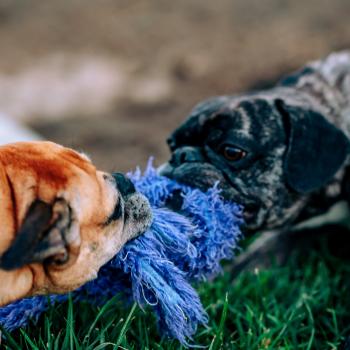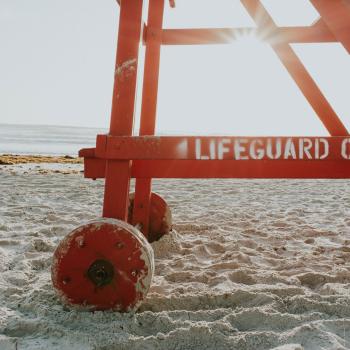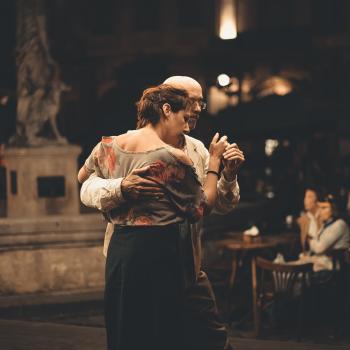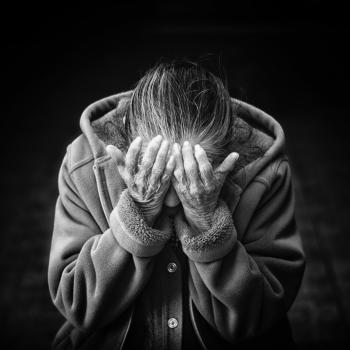As one of the three things we can control, deciding who we trust is an extremely important part of a well-lived life. It sets up our expectations for community and reveals what we value in relationships.
So, who can be trusted? Can the government be trusted? Can you trust your family or your friends? Can you truly trust your spouse? Can you trust the media? Can you trust advertising or insurance? Can you trust yourself? Can you trust God?
The Scam
For starters, we completely miss the point of trust. We think trust is about believing that someone will not hurt us. One of my biggest pet peeves is when I watch movies and characters say, “I promise I’ll never hurt you?” or “I won’t let anything happen to you!” What are we, gods? I snapped at my wife yesterday and hurt her feelings. And I sure can’t do anything if a bus decides to hit her today.
These sentiments are in our movies because we like the idea that we can trust someone to never cause us pain. And more than that, to keep pain at bay altogether. This is a set-up. A trap. Nobody can love you without wounding you. We are too imperfect, too human. The hope is that the woundings are small and the love comes with heavy doses of forgiveness.
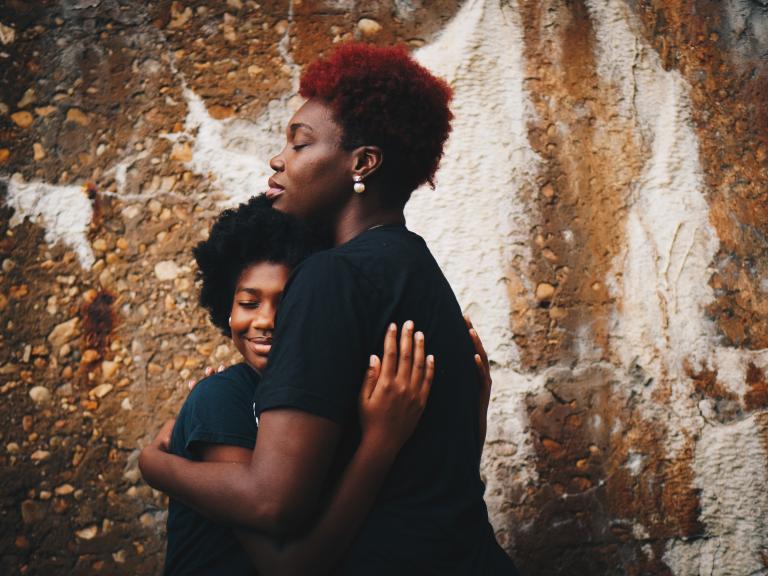
Trust is not about demanding perfection from others or requiring them to meet your expectations. I had a friend once who ‘tested’ the people in her life to see if they would ‘love’ her or not. You can’t manipulate love to look how you want it to. And you can’t manufacture trust to play by your rules.
The True Nature of Trust
The Merriam-Webster definition of trust is ‘assured reliance on the character, ability, strength, or truth of someone or something’.
Trust is about having faith in the truth of someone. It is not about whether or not you are disappointed; it is about whether or not you believe this person’s character to be true.
A person who does something heinous, like adultery or murder, is likely revealing an untrustworthy character. In these situations, we should remove our trust. But we have to learn to live with the daily reality that even the best of us occasionally drift from our true character.
Not to be taken lightly is our own bias. We have to work into the equation the fact that we are not perfect ourselves and are often fighting for self-preservation rather than understanding a person’s true character.
A Choice
In the end, we must decide for ourselves who the people and entities are that we believe possess reliable character, ability, and truth. Who we trust is a deeply personal decision. We have to decide if someone is doing their best to love us or doing their best to use us.
The people worthy of our trust are those who display reliable character. Not perfect, but reliable. Someone (or something) whose life is a truth we can hope to be like. As people who live in community, this is the nature of collective growth. The people we are around shape and mold who we are and what we understand of the world. Are you surrounding yourself with people that will help you see the best in the world? These don’t have to be people you completely agree with, by the way.
Our world is struggling with a malnutrition of character, especially in leadership positions. We are more wooed by money and prestige, camera-time and name recognition than we are by character. Our trust is not in truth but in power. And our misdirected values cause us to trust in the wrong people and entities, as manifestations of these values.
So, who can we trust? The choice belongs to each of us. It is a choice best made out of humility rather than hubris, hope rather than fear, and character rather than charisma.



